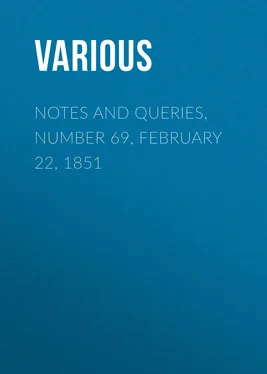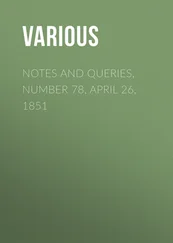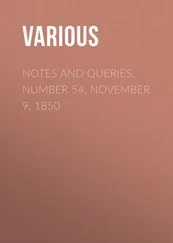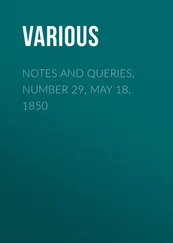" Second Thoughts are Best ; or a further Improvement of a late Scheme to prevent Street Robberies, by which our Streets will be so strongly guarded and so gloriously illuminated, that any Part of London will be as safe and pleasant at Midnight as at Noonday; and Burglary totally impracticable [ a remarkable anticipation of the present state of things in the principal thoroughfares ]. With some Thoughts for suppressing Robberies in all the Public Roads of England [ rural police anticipated ]. Humbly offer'd for the Good of his Country, submitted to the Consideration of Parliament, and dedicated to his Sacred Majesty Geo. II., by Andrew Moreton, Esq. [supposed to be an assumed name; a common practice of De Foe's]. London. W. Meadows, 1729."
R. D. H.
" Sun, stand thou still upon Gibeon! "—The above text is often quoted as not being in accordance with the present state of our astronomical knowledge, and many well-known commentators on the Bible have adopted the same opinion.
I find Kitto, in the Pictorial Bible , characterising it as "an example of those bold metaphors and poetical forms of expression with which the Scriptures abound." Scott (edit. 1850) states that "it would have been improper that he (Joshua) should speak, or that the miracle should be recorded according to the terms of modern astronomy."
Mant (edit. 1830) says: "It is remarkable that the terms in which this event is recorded do not agree with what is now known rewarding the motion of the heavenly bodies."
Is it certain that Joshua's words are absolutely at variance and irreconcileable with the present state of astronomical knowledge? Astronomers allow that the sun is the centre and governing principle of our system, and that it revolves on its axis. What readier means, then, could Joshua have found for staying the motion of our planet, than by commanding the revolving centre, in its inseparable connexion with all planetary motion, to stand still?
I. K.
Langley's Polidore Vergile. —At the back of the title of a copy of Langley's Abridgement of Polidore Vergile , 8vo., Lond. 1546, seen by Hearne in 1719, was the following MS. note:
"At Oxforde, the yere 1546, browt down to Seynbury by John Darbye, pryse 14 d . When I kept Mr. Letymer's shype I bout thys boke when the Testament was obberagatyd that shepe herdys myght not red hit. I prey God amende that blyndnes. Wryt by Robert Wyllyams, kepynge shepe uppon Seynbury Hill."
At the end of the dedication to Sir Ant. Denny is also written:
"Robert Wyllyams Boke, bowgyt by John Darby at Oesforth, and brot to Seynbury."
The Seynbury here mentioned was doubtless Saintbury in Gloucestershire, on the borders of Worcestershire, near Chipping Campden, and about four miles distant from Evesham.
P. B.
Luther and Ignatius Loyola. —A parallel or counterpoising view of these two characters has been quoted in several publications, some of recent date; but in all it is attributed to a wrong source. Mr. M c
Конец ознакомительного фрагмента.
Текст предоставлен ООО «ЛитРес».
Прочитайте эту книгу целиком, на ЛитРес.
Безопасно оплатить книгу можно банковской картой Visa, MasterCard, Maestro, со счета мобильного телефона, с платежного терминала, в салоне МТС или Связной, через PayPal, WebMoney, Яндекс.Деньги, QIWI Кошелек, бонусными картами или другим удобным Вам способом.
Truth, I presume, is meant, though it does not seem to agree with the context, which is pure nonsense in its present condition.
Great.
Least.
Flee.
Yea.
Ring, I fancy.
Naught.
Our.
Taught.
Laughed.
See.
If.
Here the orthography changes.
Meant.
I think there must be some allusion here, which can only be arrived at by knowing the date of its composition.
An elision for creepeth; possibly an intermediate etymological state of creeps .
From "to cavil."












